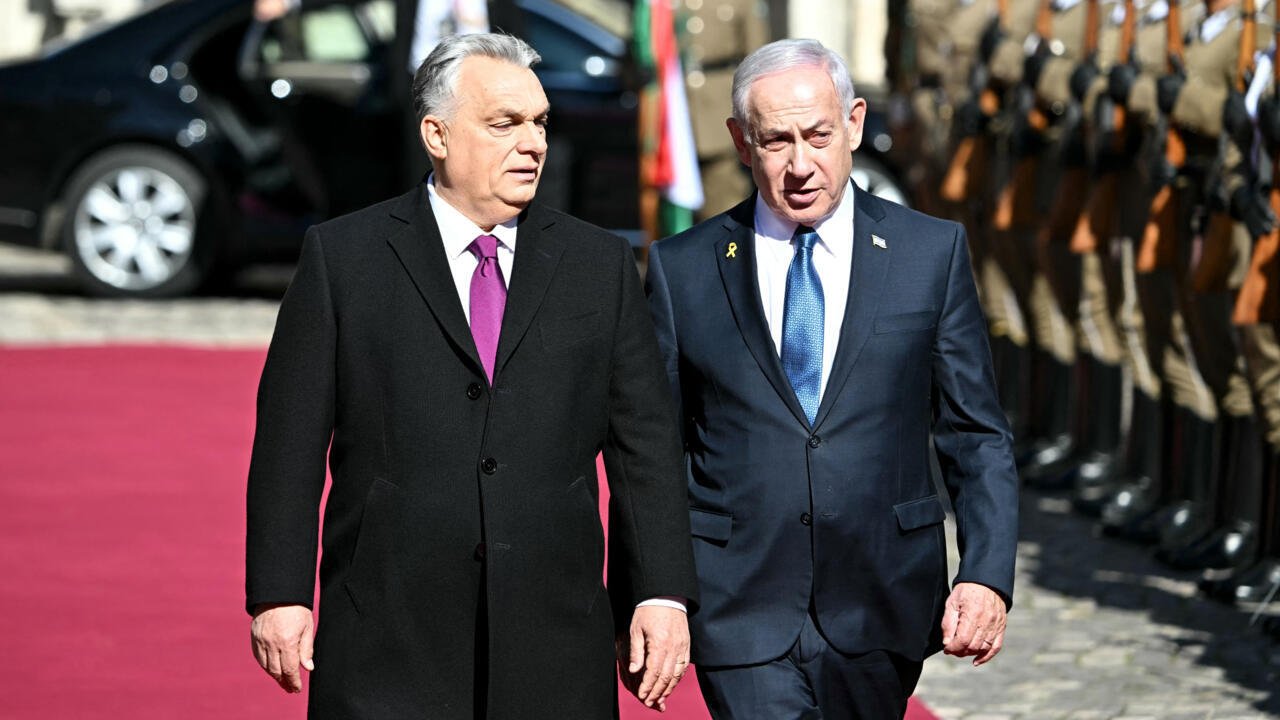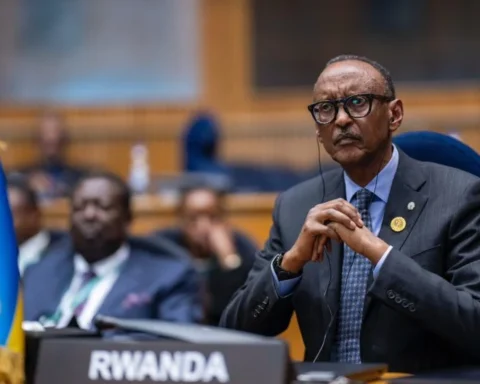Hungary has formally announced its withdrawal from the International Criminal Court (ICC), a significant move that has triggered international debate over the future of global justice mechanisms.
The announcement came just hours after Israeli Prime Minister Benjamin Netanyahu arrived in Budapest for a state visit—his first since the ICC issued an arrest warrant against him in late 2024.
A senior official in Prime Minister Viktor Orbán’s government confirmed the decision, stating that although the idea of leaving the court had been considered for some time, recent developments hastened the process. The official emphasized that Hungary views the ICC’s actions as politically biased and an infringement on the sovereignty of democratic nations.
The decision coincides with Netanyahu’s high-profile visit to Hungary, a country that has increasingly distanced itself from certain international legal institutions. Prime Minister Orbán had extended an invitation to Netanyahu immediately after the ICC announced the warrant last November, assuring that the court’s decision would have “no legal effect” in Hungary.
The ICC’s charges allege that Netanyahu holds “criminal responsibility” for war crimes and crimes against humanity committed during the conflict between Israel and Hamas. The Israeli leader has condemned the accusations, calling them “antisemitic” and accusing the court of targeting Israel unfairly. His arrival in Hungary, an EU member state, has stirred questions over how international law is respected across European borders.
Hungarian officials reiterated that their withdrawal was a sovereign decision based on national interest and legal principle. They also cited the need to reassess Hungary’s commitments in the face of what they consider to be growing judicial politicization within the ICC.
Also Read; U.S. Announces Major Tariffs,
Excludes Russia from List
The move marks a rare exit from the ICC by a European country and is likely to reignite global discussions about the legitimacy, reach, and impartiality of the court. Critics argue that Hungary’s withdrawal weakens global accountability mechanisms at a time when international humanitarian law is under increasing strain.
Others, however, see it as a wake-up call for reform within the ICC, which has long faced criticism for perceived regional and political biases.
Diplomats and legal analysts now await reactions from other countries—some of which have also voiced concern over the ICC’s recent activities. Whether Hungary’s withdrawal sparks a wider trend or remains an isolated decision will become clearer in the coming weeks.








What! so ICC doesn’t work for giants. African countries should raise – my people woke-up